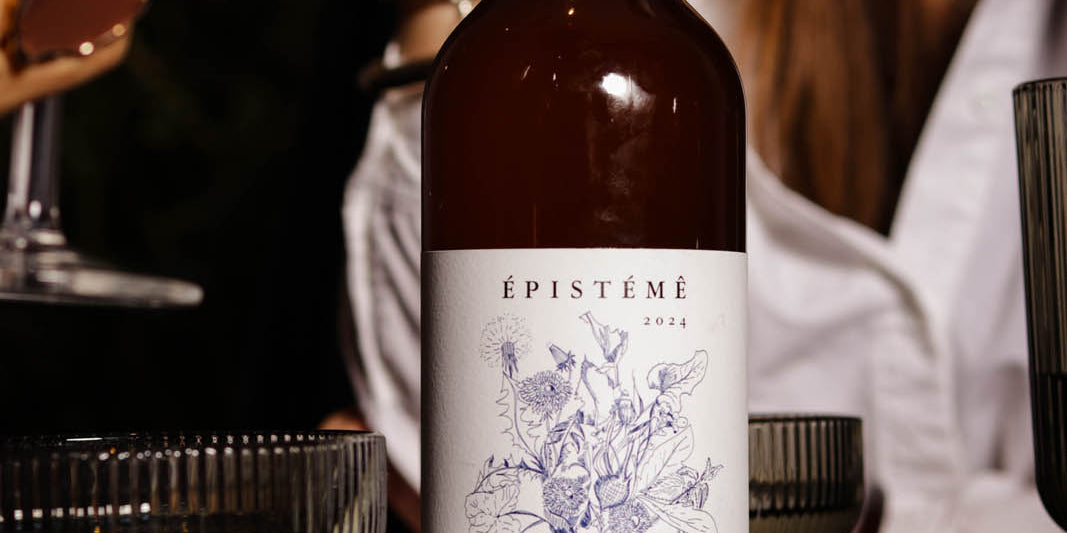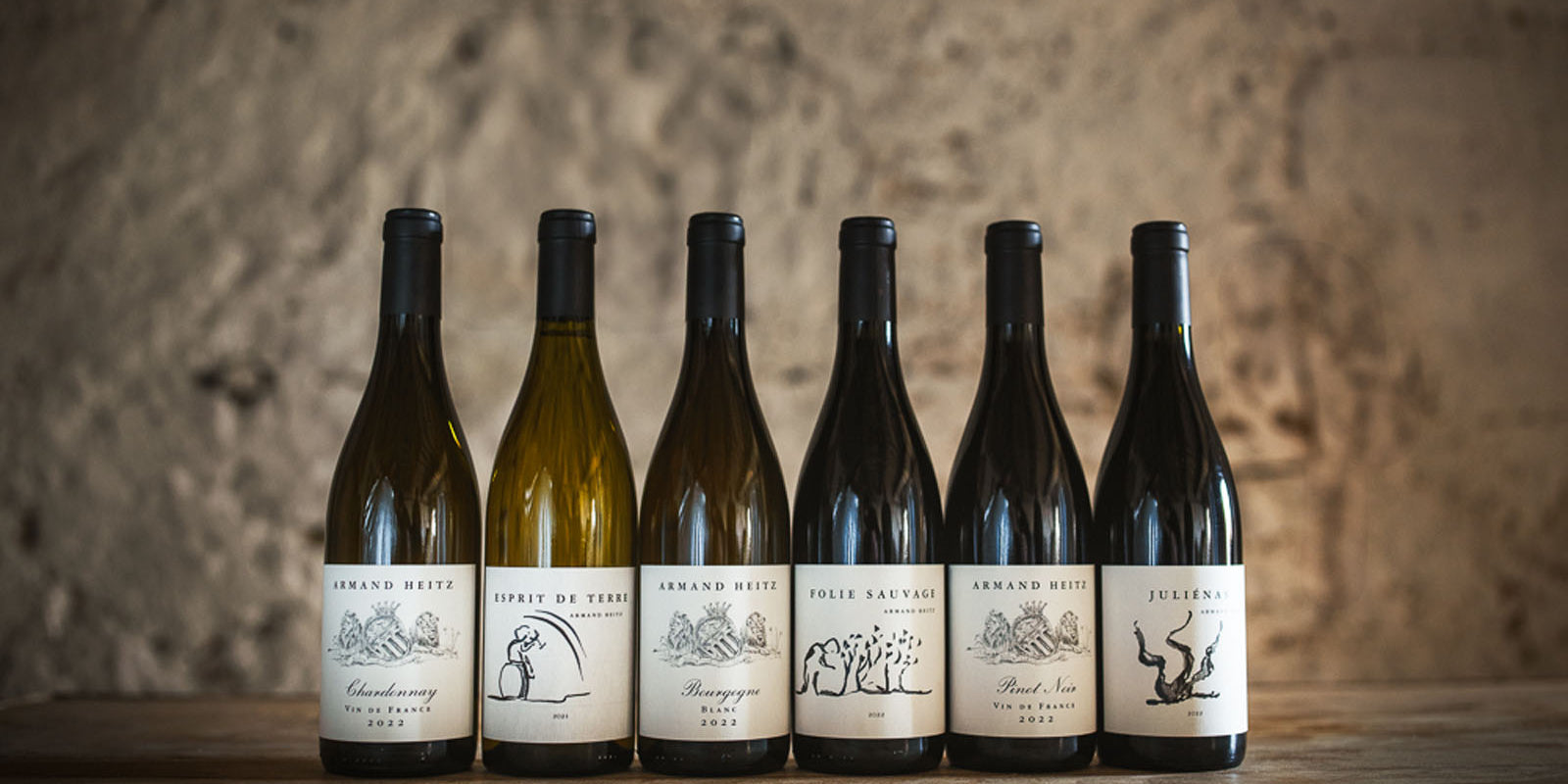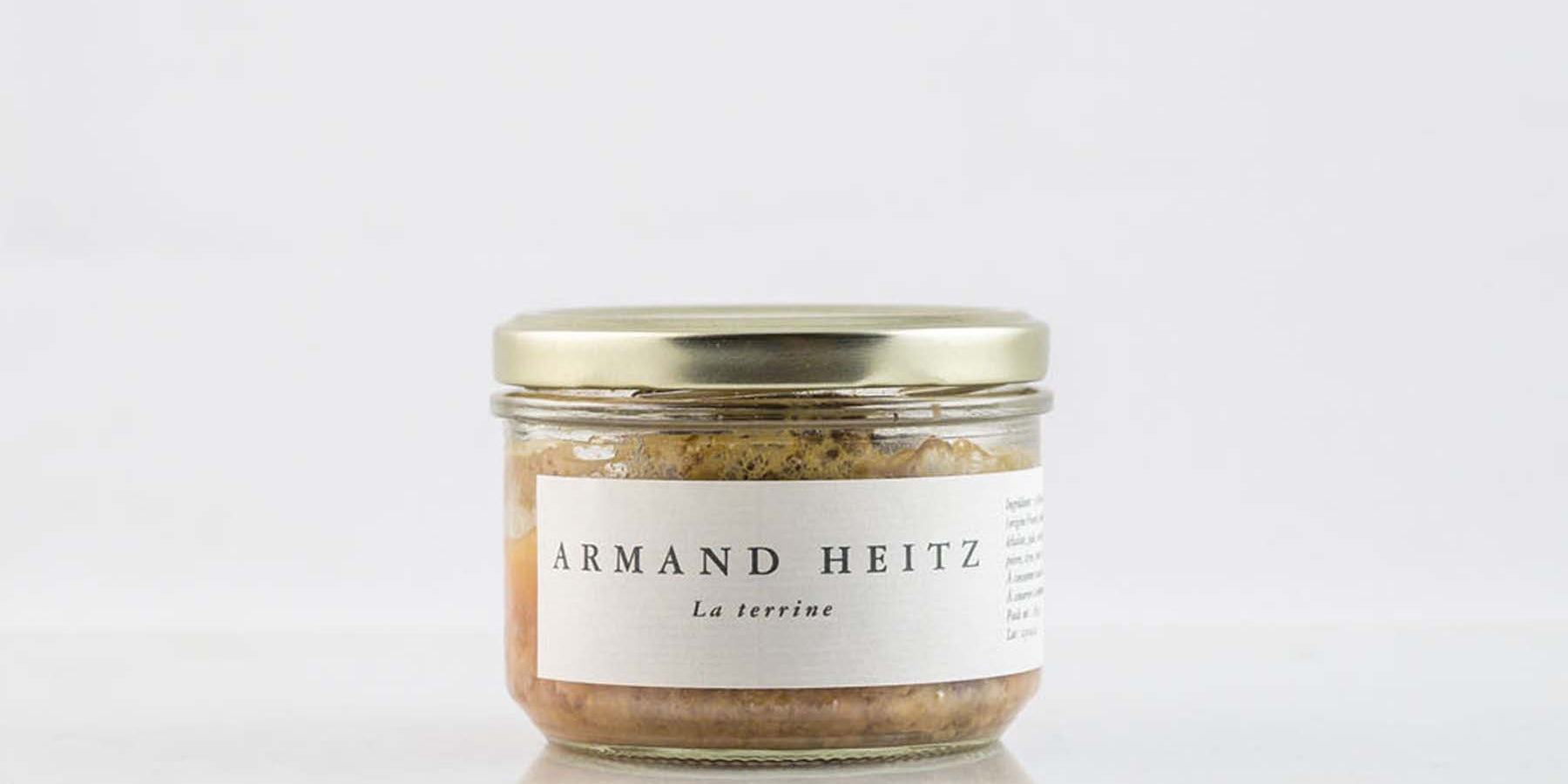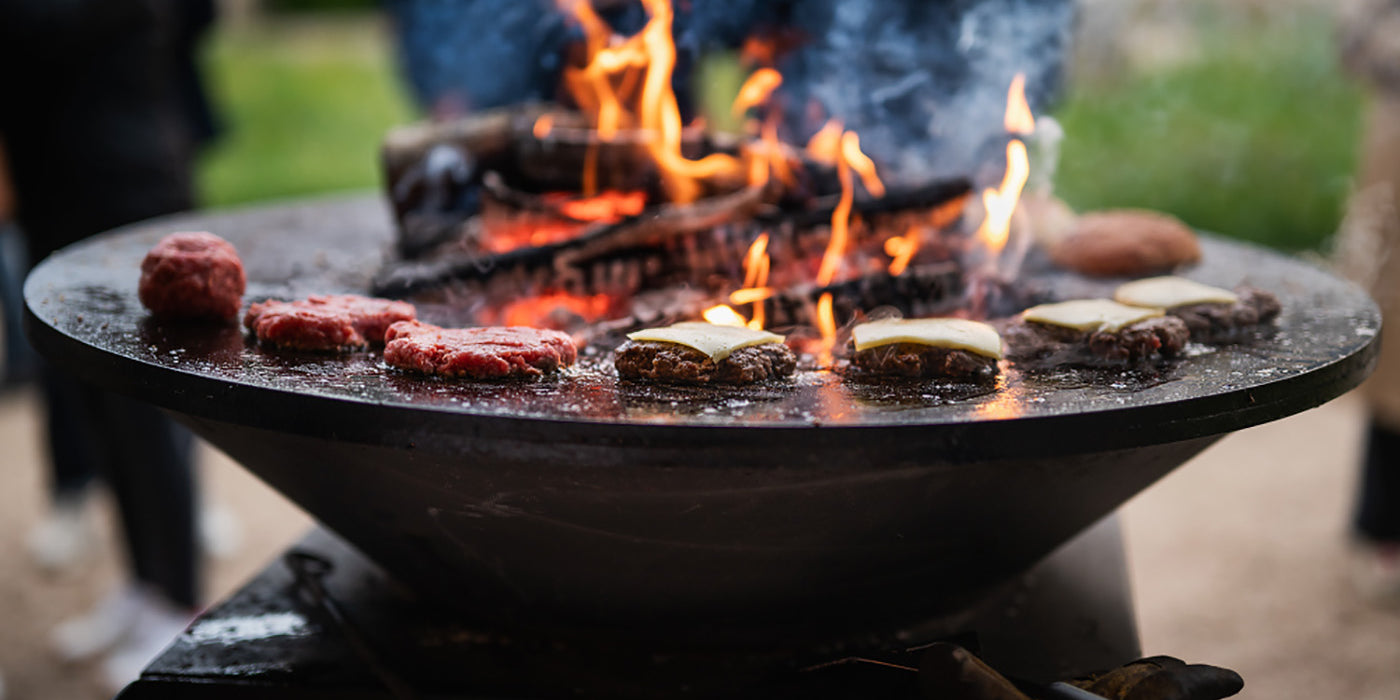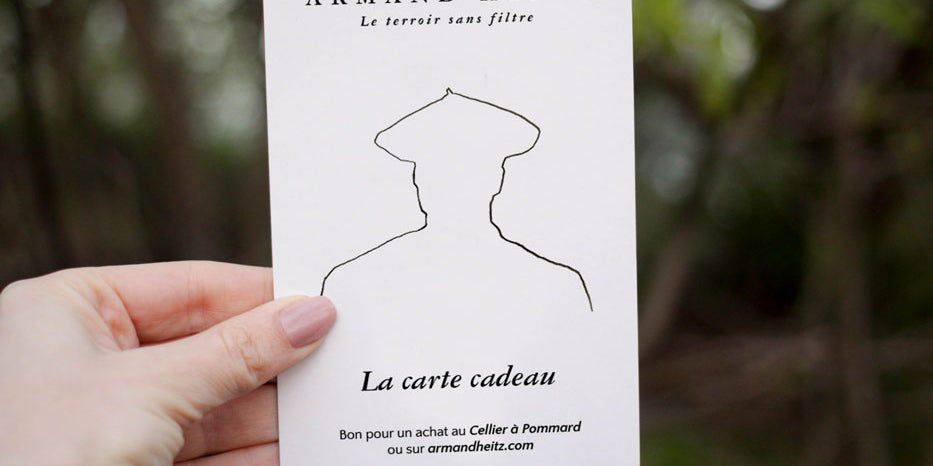Today, the wine world is imbued with many labels present both on the bottles and in the vocabulary of passionate consumers. Full of promise, these titles are on the rise, and it is then very easy to get lost among the multitude of denominations.
Traditional wines
The so-called "traditional" wine is the wine that we find the most. When we talk about the traditional method, we mean the wine created from the specifications of the PDO (protected designation of origin) governed by the INAO (national institute of origin and quality).

Among these standards, we find a maximum sulfite dosage limit (for reds and whites), an authorization to use yeasts, dyes, certain pesticides and certain insecticides. The traditional method also allows different inputs during vinification, to obtain the desired wine.
However, a traditional wine is not necessarily a wine that uses all these possibilities, whether chemical inputs or pesticides. It can be a wine without label, produced in a reasoned way where viticulture and vinification respect certain principles of organic or biodynamic agriculture.
Organic wines
By definition, an organic wine is a wine created by respecting the principles of organic farming, whether during the work in the vines or during winemaking. To be able to be called "organic" wine, it is necessary to obtain the "organic farming" certification, that is to say by scrupulously respecting the specifications defined at European level. These specifications include, among other things, the use of products not derived from synthetic chemistry with a low environmental impact.
Lbiodynamic wines
Biodynamic farming is a continuation of organic farming. Indeed, all the products used to work the vines and the wine must be respectful of the environment, but particular emphasis is placed on the link between the soil and the plant.
The principles of biodynamics are not recent, they were set out by Rudolf Steiner, an Austrian intellectual, at the beginning of the 20th century. In compliance with these principles, the winegrower who works in biodynamic agriculture seeks perfect harmony between his vines and the soil on which they are planted in order to promote biodiversity and life in the vineyard.
This work is also done by integrating the lunar cycle. The "Demeter" label certifies that the wine has been produced according to the principles of biodynamic agriculture.

Natural wines
Does natural or natural wine really exist? Literally, it is an abuse of language, because the wine is not natural, and Man necessarily intervenes in its conception. But what are commonly called "natural" wines are wines made in the continuity of organic and biodynamic wines, in the most total respect for nature, without adding any input to the wine, apart from sulfur in some cases. .
Some winegrowers, especially the new generation, worship this type of work, but there are currently no specifications, nor any label to establish the standards of what the it is commonly called natural wine.

What about the domain?
In the end, what matters is not so much the label, but rather knowing how the wine is made.The absence of a label is not synonymous with the use of pesticides and non-respect for the environment. On the contrary, winegrowers are now becoming aware that it is important to respect the environment and the land that we will leave behind. to subsequent generations.
It is with this in mind that we work every day at the estate. We are not looking for any label, but in a strong environmental approach, where the work is done with and for nature in order to respect these lands that have seen us grow.
In order to find the perfect alliance to create exceptional wines while respecting our environment, we work in the vineyards on weed tests, to determine which variety best improves the quality of our soils . We also use a mulch on our soils with BRF (Bois Raméal Fragmenté), and we tend towards a form of autonomy in the production and use of compost to feed our plants. In addition to these actions, we strongly limit the passage of tractors and the use of inputs to respect the nature of the soils and vines as much as possible.
This preventive work in the vineyards makes it possible to respect both the environment and to produce grapes of exceptional quality, thus limiting the use of inputs in the cellar as much as possible and respecting the singular character of each land. In addition, to respond to a drop in energy expenditure, we seek to work with natural temperature regulation in the cellar, largely avoiding thermoregulation actions.
Finally, still in this spirit of working with nature, in parallel with the vineyard and to go even further in our approach to respecting the environment, we have been developing for nearly a year, a micro- permaculture farm. This project, called Loaris, which in Burgundian patois means "wasteland", is a real source of inspiration to strive for autonomy and resilience.
Léo Plassard
.


